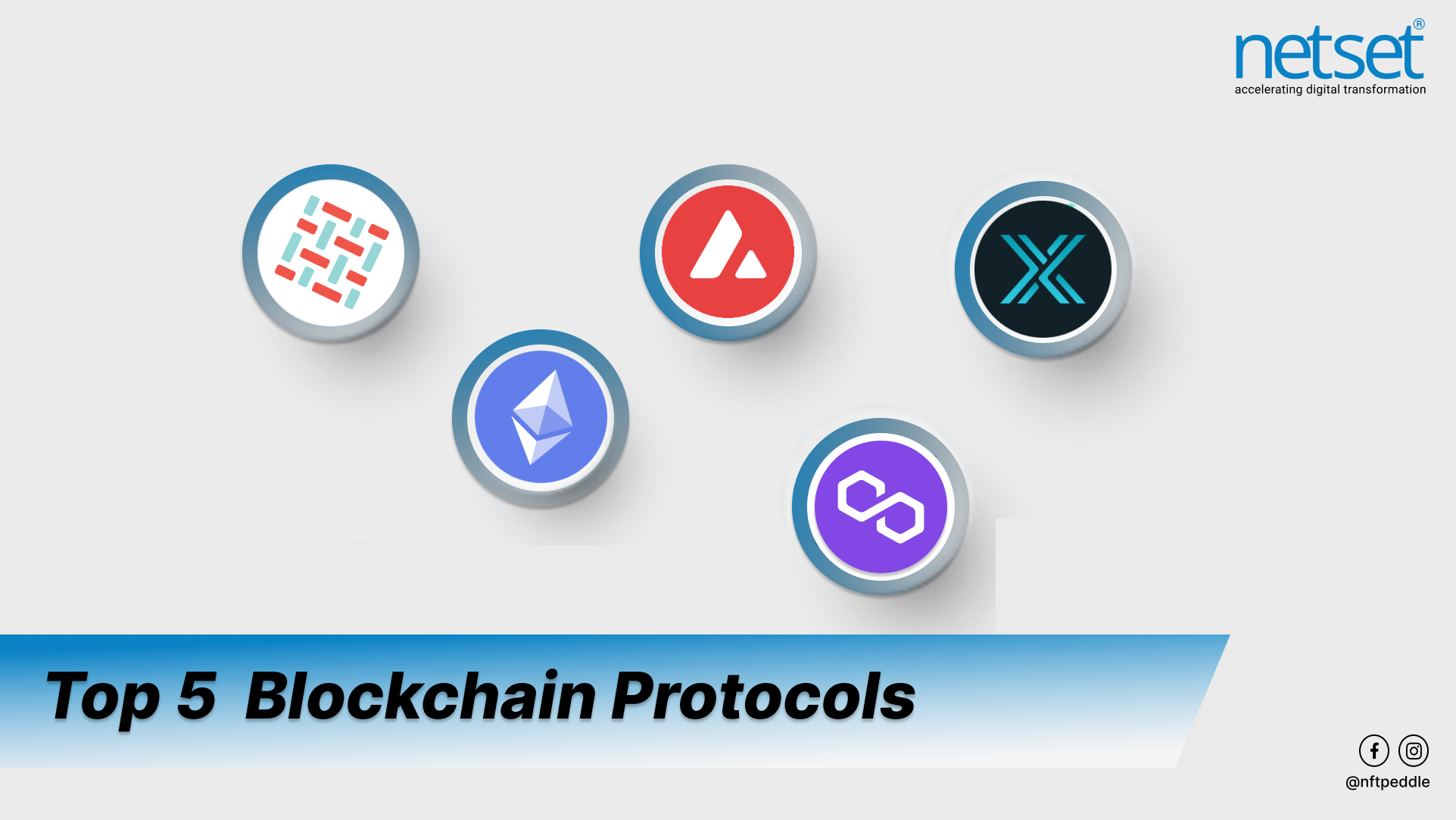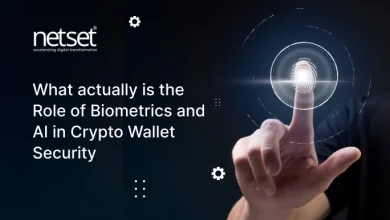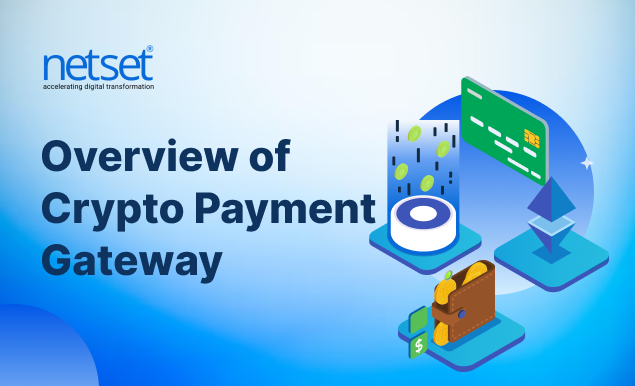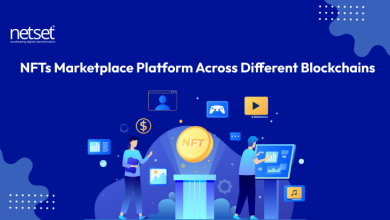Business Use Cases of Smart Contracts
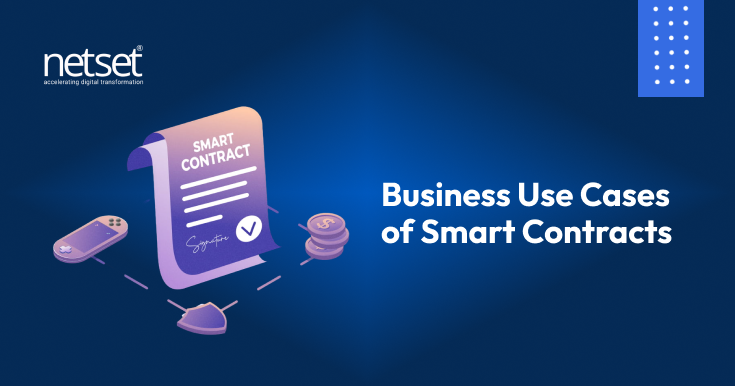
Smart contracts are essentially programmed that execute when certain criteria. Those are satisfied and are maintained on a blockchain. They’re often used to automate the execution of an agreement so that all parties may be confident of the conclusion right once, without the need for an intermediary. Smart Contracts can be used in a variety of domains or deals between parties few of those use cases are featured below:
Digital Identity – Smart Contracts
Individual identity is one of the most important information which consists of personal data, reputation, and digital assets. Imagine your personal details consisting of your address, mobile number, phone gallery, bank details, etc that you shared with an individual being accessible to the whole world. How would you feel? Scared right?
Here Smart Contracts save the day as they conduct an information exchange without intervention from a third party. This might be game-changing in terms of verifying your personal information for a variety of businesses. A smart contract’s terms and conditions might possibly access your personal information and allow or reject a transaction depending on it.
Cross Border Payments – Smart Contracts
Smart Contracts can benefit the trade finance sector as on the LACChain network, the Cross-Border Payment smart contract manages cross-border transactions (Execute transfer, Dollars to exchange, Dollars to pesos, Pesos to a recipient).
With the improved liquidity of financial assets in cross-border payments, the finance sector could be revolutionized.
To make smart contracts function in trade finance, particularly for cross-border payments and international commerce, an industry standard must be developed and implemented. It may undoubtedly address legal issues and provide a better approach to resolving conflicts between parties if properly integrated.
Loans and Mortgages – Smart Contracts
One of the most scalable uses of smart contracts is in loans and mortgages as during the process it could benefit in the proper maintenance of documents, deals, and mortgage papers and present an error-free process. Through automation, process redesign shared access to electronic copies of bodily legal documents between trustworthy parties, and access to external sources of information such as property records, and smart contracts might lower the cost and time associated with this process.
Financial Data Recording – Smart Contracts
For any organization, financial data are an important part and smart contracts feature accurate plus transparent recording of data. It results in easy and accurate management of transparent data collection resulting in reduced auditing costs and reporting.
It also lowers accounting expenses and improves compatibility between traditional and distributed ledger networks.
Government – Smart Contracts
Smart contracts have the potential to raise voting turnout, which has historically been low owing to an inefficient system that requires voters to queue, show identification, and fill out paperwork. Voting may expand the number of participants in a voting system when it is transferred online using smart contracts.
Smart contracts aid in the automation of processes. That’s where it can aid the government’s operations management. Land title recording is one of these activities, which the government can utilize to conduct property transfers.
Supply Chain Management – Smart Contracts
The biggest demerit of supply chains is the use of paper forms where the forms pass through various channels. Smart Contracts helps in delivering an accessible and secure digital version to parties involved in the process. Furthermore, implementing smart contracts reduces the need for verification, and improved traceability leads to fewer frauds and thefts. However, in order for it to operate, the institutions will need to install extra equipment to their supply chain, including sensors.
Insurance – Smart Contracts
Smart contracts are formed by the persons engaged in the agreement, allowing the parties to bypass the traditional administrative procedure of contract creation. The availability and limits of the individuals in the administrative area determine the timing for a contract set up through administration.
The data can be kept as records to claim for insurance as the data contains the history of the subject which makes it more reliable.
Healthcare – Smart Contracts
Smart contracts can securely manage patient data sharing, consent forms, and healthcare agreements between patients, providers, and insurers. Patients could control who accessed their medical records and under what conditions.
It’s important to note that while these use cases have the potential to bring efficiency, transparency, and security to the healthcare industry, the adoption of smart contracts in healthcare would also need to address legal, regulatory, and ethical considerations.
High Securities – Smart Contracts
As we all are aware smart contracts are based on blockchain technology which adds up to a number of benefits for smart contracts one such feature is high-level security. Blockchain allows only specific parties to access the data which ensures that there are no intermediates between the parties, including security custody chains, which implies there are no intermediaries between the parties. Dividends, automated payments, liability management, and stock splits are all possible with it.
NetSet Software is an established Smart Contract Development Company that has successfully created a number of smart contract solutions with our team of technical experts and developers. We assist businesses in developing robust digital protocols that confirm the terms of a legal contract between two or more peers through private and public blockchain networks.
